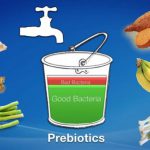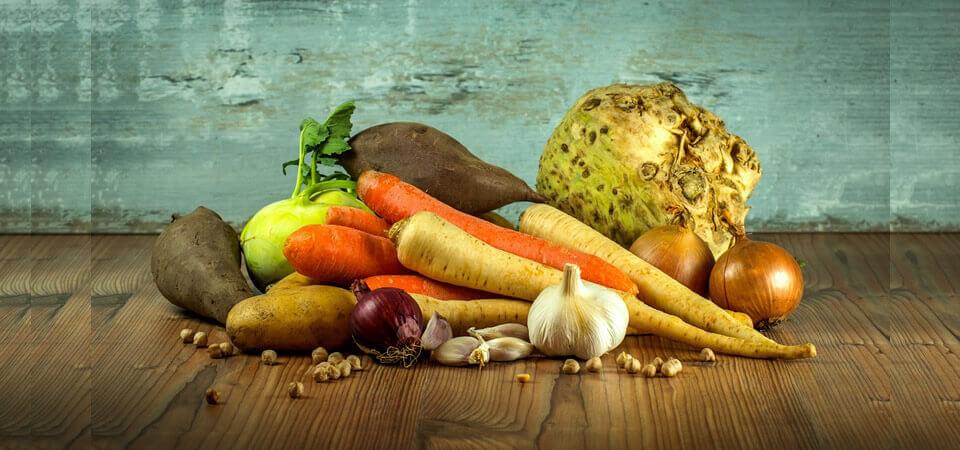Potatoes are quite the sophisticated vegetable that almost everyone speaks about! They may seem a humble vegetable but no other veggie like the potato has had such an impact on world history.
First, of all, potatoes are vegetables. Not carbs. Vegetables. They are classified as non-starchy vegetables. As you may probably have known, Vegetables can also be classified into two main types based on their starch content. Starchy vegetables include potato, corn, peas, and lentils, while non-starchy varieties include broccoli, tomatoes, cauliflower.
The potato has had quite the rap in the nutrition world and it is worth noting that it is both a mover and a shaker that dates back to the 16th century when it was introduced to the European empire all the way from what is now Peru. Originally, the potato was known for its Vitamin C content, long shelf life, and ease of cooking and it, therefore, became a staple on ships back in the day.
With the global population today, it is surprising how unwelcome potatoes can be in some households, and how much of a darling they can be in others!
So here is the Good, The bad, and the ugly nutrition facts about the Potatoes that are consumed either by baking, steaming, frying or mashing them, etc.
The Good:
Cooked potatoes with skin are a good source of many vitamins and minerals, such as potassium and vitamin C. The vitamin C in potatoes acts as an antioxidant. Vitamin C can help prevent everything from scurvy to the common cold, and potatoes are full of this nutrient, with about 45 percent of the recommended daily intake per medium baked potato
Potatoes may help lower blood pressure for several reasons. The fiber found in potatoes could help lower cholesterol by binding with cholesterol in the blood. “After it binds, we excrete it.”
Potatoes are also a good source of potassium. “All potatoes are potassium-rich,” They have even more potassium than a banana, and a lot of it is found in the [potato’s] skin. Potassium, too, can help lower blood pressure through its actions as a vasodilator (blood vessel widener).
The B6 vitamins in potatoes are critical to maintaining neurological health. Vitamin B6 helps create useful brain chemicals, including serotonin, dopamine, and norepinephrine
This means that eating potatoes may help with depression, stress, and even perhaps attention deficit hyperactivity disorder (ADHD).
Potatoes’ high level of carbohydrates may have some advantages, including helping maintain good levels of glucose in the blood, which is necessary for proper brain functioning.
Potatoes can help restore electrolyte balance. Sodium and potassium, which are found in potato peels, are two important electrolytes, and athletes lose them in sweat.” Electrolytes are necessary for optimum body function, and having too few can cause cramps, as many athletes know.
The Bad:
Potatoes are fat-free, but they are also starchy carbohydrates with little protein. According to Harvard, the carbs in potatoes are the kind that the body digests rapidly and have a high glycemic load (or glycemic index). That is, they cause blood sugar and insulin to surge and then dip. This effect can make people feel hungry again soon after eating, which may lead to overeating. The rapid rise in blood sugar can also lead to increased insulin production.
The Harvard School of Public Health tracked the diet and lifestyle of 120,000 men and women for about 20 years and found that people who increased their consumption of French fries and baked or mashed potatoes gained more weight over time. Even when prepared in a healthy way, potatoes can present health problems to individuals with obesity or diabetes. They are high in simple carbohydrates, which can lead to weight gain.
It is worth noting that In 2017, an Australian man named Andrew Flinders Taylor appeared in the headlines for having eaten almost nothing but potatoes for a year and losing about 49 kilos. This sparked public interest in the potato diet. Dieticians, however, do not recommend such a diet because it is almost impossible to get all 20 essential amino acids and 30 vitamins and minerals from one food. A mix of white and sweet potatoes would, however, get you closer than most foods. Nevertheless, your health would suffer from eating nothing but potatoes
Potato allergy is relatively rare, but some people may be allergic to patatin, one of the main proteins in potatoes
The Ugly:
Plants of the nightshade family, such as potatoes, contain a class of toxic phytonutrients known as glycoalkaloids. In low doses, glycoalkaloids usually cause mild symptoms, such as headache, stomach pain, diarrhea, nausea, and vomiting.
In more serious cases, the symptoms include neurological disorders, rapid breathing, fast heartbeat, low blood pressure, fever, and even death
Normally, potatoes contain only trace amounts of glycoalkaloids. A 154-pound (70-kg) individual would have to eat over 13 cups (2 kg) of potatoes (with the skin) in one day to get a lethal dose. That said, lower amounts may still cause adverse symptoms. The levels of glycoalkaloids are higher in the peel and sprouts than in other parts of the potato. It’s best to avoid eating potato sprouts
In the long run, you may be wondering which would be the best way to cook your potatoes?
You can already guess that smothering the potatoes in cream or frying them is not the healthiest way to consume them. The best way to eat a potato is in its unprocessed form. Baking potato is the best way to prepare it and preserve nutrients. The next best way is to steam it which causes less nutrient loss than boiling.
In a potato, those water-soluble nutrients include B-complex vitamins, vitamin C, potassium, and calcium. As much as 80 percent of a potato’s vitamin C may go down the drain if you boil the vegetable. The same thing can happen with peeled potatoes that are left to soak, a method used to stop darkening. If you use the water from the potato boil as stock, however, you’ll still get some of the nutrients.
There you have it, this sophisticated vegetable is quite the deal in the nutrition world and was in fact the first vegetable to be grown in space in 1995! Until next time, keep going potatoes!









